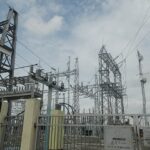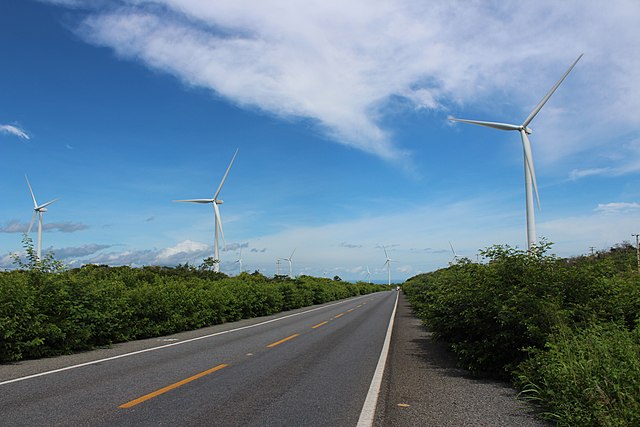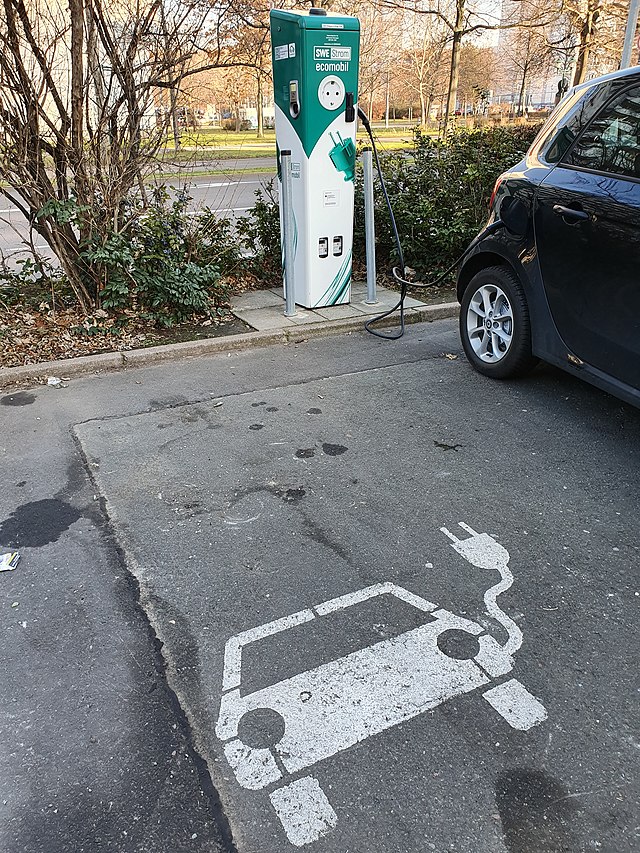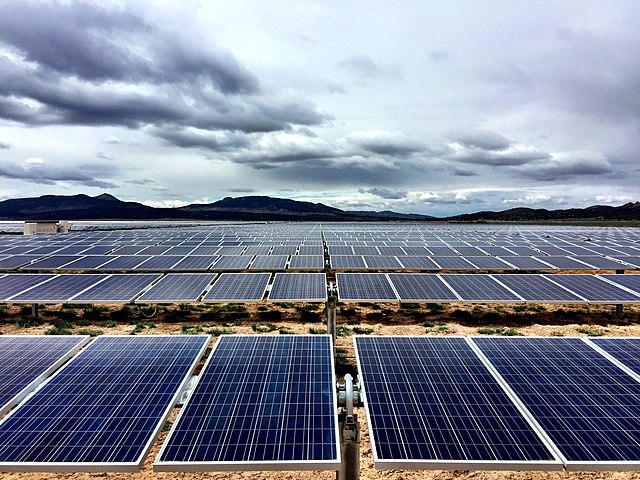In recent years, the renewable energy market has experienced remarkable growth worldwide, driven by the urgent need to combat climate change and transition to a more sustainable energy future. Among the pioneers and leading investors in this sector in Brazil is Casa dos Ventos, a company that has been at the forefront of identifying key resources for electric energy generation since 2007.
Casa dos Ventos has strategically built a diversified portfolio that includes wind and solar assets, along with the ownership of a hydroelectric power plant. This forward-thinking approach has positioned the company as a benchmark for others seeking to embrace a more competitive and sustainable future. By investing in innovative and high-grade projects, Casa dos Ventos has demonstrated its commitment to driving the growth of renewable energy and facilitating the transition to a cleaner and greener world.
Recently, Casa dos Ventos made headlines by signing the largest onshore commercial agreement in the history of Vestas, a renowned manufacturer of wind turbines. This milestone agreement exemplifies the shared goals and ambitions of both companies: to maximize the potential of renewable energy generation and drive the energy transition in Brazil and beyond. In a video announcement, Lucas Araripe, the executive director of Casa dos Ventos, and Eduardo Ricotta, the president of Vestas LATAM, emphasized the foundations of this partnership and their joint commitment to a sustainable energy future.
Eduardo Ricotta, the president of Vestas LATAM, highlighted the importance of collaboration in accelerating the global energy transition. He stated, “This is a prime example of Vestas’ approach to partnerships. Collaboration is crucial to expedite the global energy transition. When we join forces for shared actions and commitments, we all benefit.” This sentiment reflects the underlying principles of classical liberalism, where voluntary cooperation and mutually beneficial relationships are essential for progress and prosperity.
Lucas Araripe, the executive director of Casa dos Ventos, emphasized the company’s dedication to expanding renewable sources in Brazil and ensuring the achievement of decarbonization goals for its clients. He stated, “This investment reinforces our commitment to the expansion of renewable sources in Brazil and underscores our dedication to ensuring the energy transition and decarbonization goals of our clients.” Casa dos Ventos’ visionary approach aligns with the core values of classical liberalism, which emphasizes individual liberty, limited government intervention, and the pursuit of economic and environmental sustainability through voluntary initiatives.
The partnership between Casa dos Ventos and Vestas marks a significant step forward in the renewable energy landscape in Brazil. By leveraging the expertise and resources of both companies, this collaboration has the potential to propel the country’s renewable energy sector to new heights. Brazil, with its vast natural resources and geographical advantages, has immense potential for wind and solar energy production. Through innovative projects and cutting-edge technologies, Casa dos Ventos and Vestas aim to tap into this potential and contribute to a greener and more sustainable future.
In line with classical liberal principles, the success of Casa dos Ventos’ renewable energy initiatives is driven by the power of the free market. As the company pioneers new technologies and develops innovative solutions, it creates opportunities for economic growth and job creation. By investing in renewable energy, Casa dos Ventos is not only mitigating climate change but also stimulating the economy and fostering a competitive business environment.
Moreover, Casa dos Ventos’ commitment to sustainability extends beyond their own projects. The company actively contributes to the energy transition in Brazil and supports the country’s decarbonization goals. By providing clean and reliable energy sources, Casa dos Ventos plays a crucial role in reducing greenhouse gas emissions and improving air quality. These efforts align with the principles of classical liberalism, which emphasize the importance of individual responsibility, private property rights, and voluntary cooperation in addressing societal challenges.
The partnership between Casa dos Ventos and Vestas represents a positive example of how the private sector can lead the way in driving sustainable development. Rather than relying solely on government intervention, Casa dos Ventos has taken the initiative to invest in renewable energy projects and forge strategic partnerships to maximize their impact. This approach is in line with classical liberal principles that prioritize individual freedom, limited government intervention, and voluntary cooperation.
As Brazil continues its journey toward a more sustainable future, Casa dos Ventos serves as an inspiration for other companies seeking to make a meaningful difference in the renewable energy sector. By combining innovative technologies, strategic investments, and collaborative partnerships, the company has set a precedent for the effective and responsible utilization of Brazil’s natural resources.
In conclusion, Casa dos Ventos’ role as a pioneer and major investor in the renewable energy market in Brazil exemplifies the principles of classical liberalism without explicitly referencing the term. Through their diversified portfolio and strategic partnerships, Casa dos Ventos has emerged as a benchmark for companies aiming to transition to a more competitive and sustainable future. By promoting the expansion of renewable energy sources, Casa dos Ventos not only contributes to the fight against climate change but also stimulates economic growth and job creation. The partnership with Vestas represents a significant step forward in the renewable energy landscape in Brazil, showcasing the power of voluntary cooperation and private initiative. As Casa dos Ventos continues to shape the renewable energy sector in Brazil, its visionary approach demonstrates the potential of classical liberal principles to address environmental challenges and foster a sustainable future.










